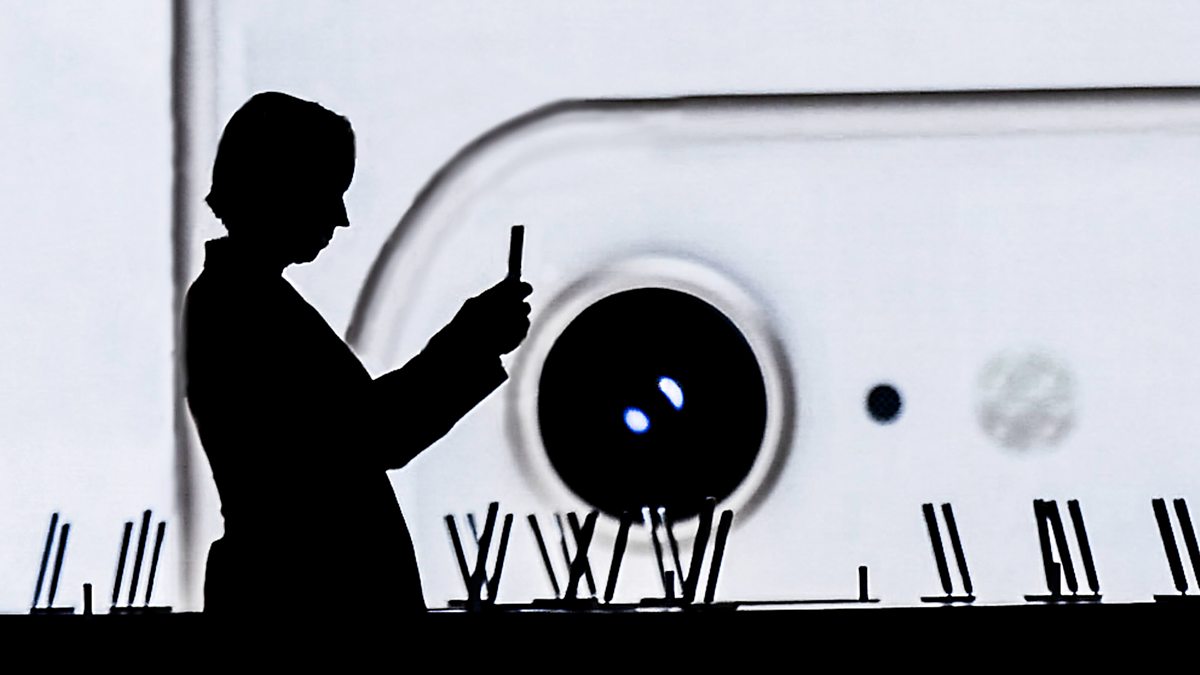In today’s world, boredom is often seen as a problem to solve. Smartphones give us endless ways to escape it. But what if boredom is actually trying to tell us something important?
A famous study in 2014 showed how much people dislike being alone with their thoughts. Researchers asked people to sit quietly for 15 minutes. The only thing they could do was press a button that gave them a painful electric shock. Many people pressed it — one person did it 190 times. The study showed that people often prefer pain over boredom.
Now, with smartphones in everyone’s pockets, escaping boredom is easier than ever. Whenever we feel restless or uncomfortable, we can scroll, swipe, or click. These devices stop us from sitting with our thoughts, even when those thoughts might lead to something important.
Psychologists say boredom is not just a feeling to avoid. Like hunger or thirst, it’s a signal. It tells us that we need something different or meaningful. Ignoring boredom by constantly checking our phones might make us feel worse in the long run.
Studies have found that using smartphones to avoid boredom can actually increase boredom later. That’s because much of what we see online grabs our attention but doesn’t give us true satisfaction. We might spend hours scrolling but still feel empty inside.
There’s also a bigger risk: chronic boredom. People who feel bored all the time are more likely to struggle with mental health problems like depression and anxiety. They may also take more risks or use unhealthy ways to escape their feelings.
Research suggests that chronic boredom has become more common as smartphones have taken over our lives. In both the US and China, more students have said they feel bored in recent years.
So what can we do? Experts suggest that instead of rushing to escape boredom, we should listen to it. Maybe it’s a sign that we need to try something new, connect with people, or find activities that feel meaningful.
If we give ourselves the chance to feel bored, we might actually find new ideas, creativity, or solutions to problems. The next time boredom strikes, it might be the start of something better.











